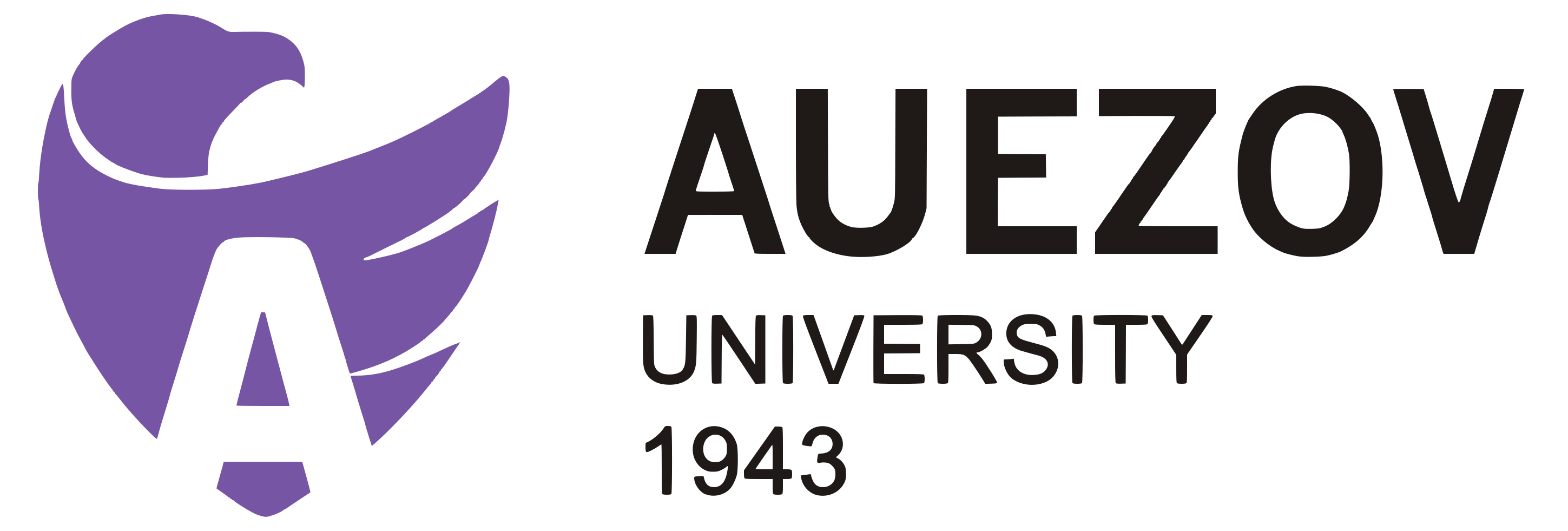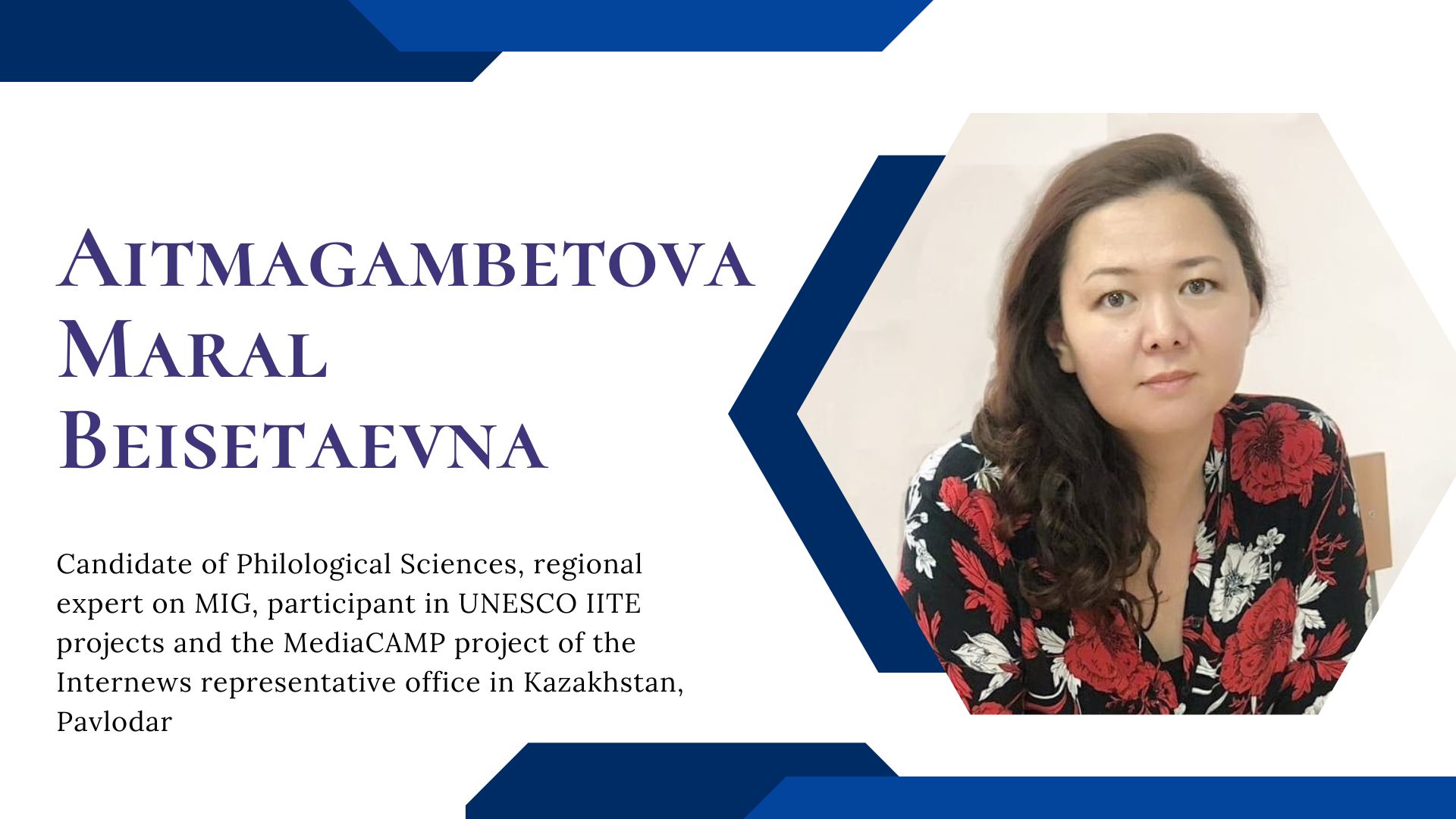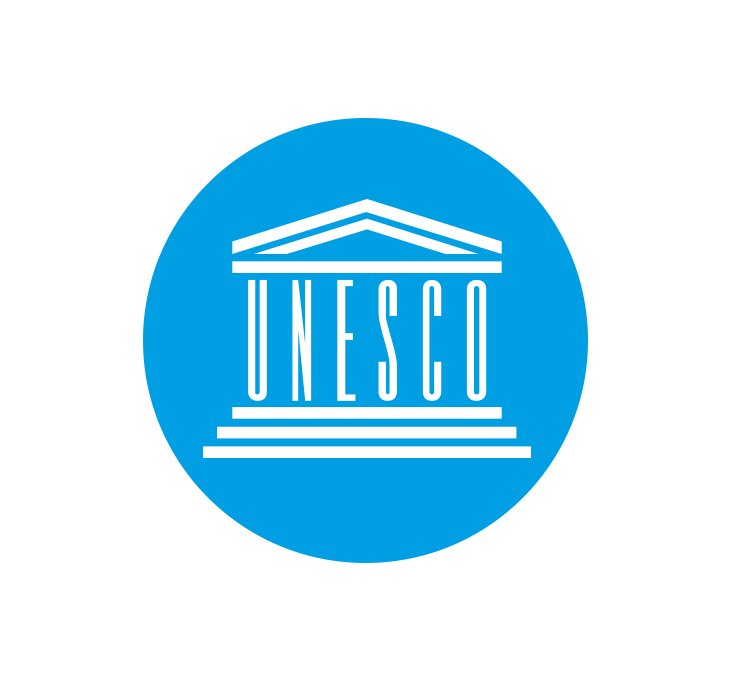AP19679821
"Development of a Methodology for Recognizing Media Manipulation and Promoting Media Literacy in the Information Space of Kazakhstan"

Watch How
research relevance
Media is one of the branches power that controls information and influences public consciousness, opinion, reader behavior through various means of manipulative influence. The use of modern ICT capabilities has significantly expanded the readership, in connection with which information risks and the danger of social instability in society and the state are increasing. In the Message to the people of Kazakhstan “A Justice State. United nation. A prosperous society” The President of the Republic of Kazakhstan K.K. Tokayev notes: “Our people have always put peace and stability above all else. …. Therefore, it is important to stop sowing mutual distrust and discord in society.” According to research, the level of public confidence in the media is declining, the media is perceived as a tool for disinformation, defamation or promotion of socio-political phenomena and facts. (Edelman TRUST BAROMETER, 2018; Poll results, 2018). According to studies, about a third of the inhabitants of Kazakhstan have a low level of media skills, only 5.7% of respondents have a high level (Zadorin I.V., Saponova, 2020).
In this regard, the issues of studying the discourse of the mass media, recognizing manipulative textual information using digital technologies are relevant.

The purpose of the project
The theoretical substantiation and practical implementation of the technique for recognizing manipulative discourse. The proposed methodology is aimed at determining the language mechanisms of media manipulation in the Kazakh and Russian languages to promote media literacy of the population of Kazakhstan in the modern information space.
scientific approaches
This study is based on a systemic, activity, sociocultural, multi-agent approach, which is due to the transdisciplinary nature of the object of study – the manipulative media discourse, which is of interest not only for linguistics, but also for sociology, political science, psychology and pedagogy, and also includes

















